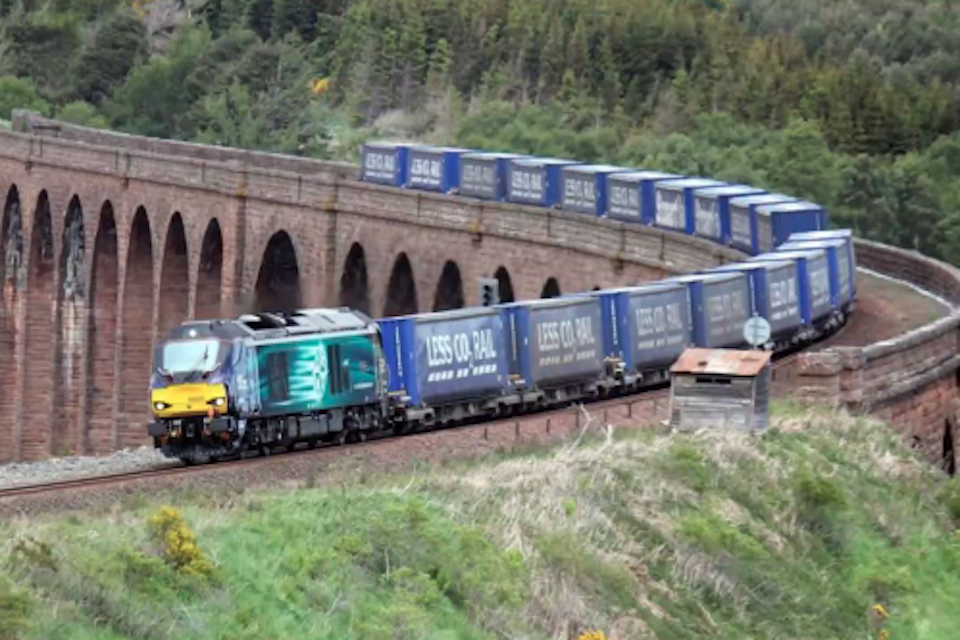A UK General Election has been called for 4 July. Most observers were taken by surprise when a rain-soaked prime minister, Sunak, told the waiting press that he had asked The King to dissolve parliament. The campaigning began immediately. Politicians have been eager to make the railways a vote winner. However, the main parties have very different plans.
The railways are becoming a politically sensitive subject in the countdown to the British election. In just one month, the UK will go to the polls, and the outcome will have radical implications for the future of the railways. In five weeks from now, a new public body could own the railways, or Britain could enter a new era of private management.
Ticket to Downing Street
“The rail industry has been in a state of flux for too long, so it is positive that the election has come sooner than expected,” said David Pitt, VP of UK Rail at SilverRail, a multi-national digital technology company, specialising in consumer interface solutions (that’s better ticketing to you and me). “[An election] could be the catalyst needed to push forward with substantial reforms. It’s not just about choosing between nationalisation or privatisation. It’s about making rail travel more efficient, affordable, and passenger-focused.”
Under the British monarchy system, when The King dissolves parliament, local representation is suspended, but the central government continues to function, even though ministers of state are also required to seek re-election. That means the future of the railways has not only been a topic of local interest, but they also remain on the national agenda. A positive message on the future of the railways could be a ticket to Downing Street.
The practical need to deliver better services
The competing visions of the ruling Conservative Party and the opposition left-wing Labour Party have already been a matter of much debate. There has been speculation that the overdue transition to a single agency for track and train, Great British Railways (GBR), may be in jeopardy. The Labour Party, whom most commentators believe will take over in government, has already published a detailed proposal “Public ownership for our railways is about the practical need to deliver better services,” says their vision document.

“[The competing approaches] spotlight the urgent need for clarity and action in rail policy,” says David Pitt. “Whether it’s the Conservatives’ continuation of their current plans or Labour’s push for nationalisation, what’s clear is that the outcome will significantly shape the industry’s trajectory.”
The industry deserves a clear strategy
“We have long called for full public ownership and significant investment in our railways,” said the Green Party. Although the Greens are not expected to win more than a handful of seats, they could play a part in any collation. In a similar position, the centralist Liberal Democrats say the railways should be a green and environmentally friendly option for passengers and freight.
Referring to the expected majority parties, David Pitt said that a middle-ground approach could be best for both sectors. “Both parties should consider how their policies will practically impact daily operations,” he said. “The industry deserves a clear, actionable strategy that moves beyond political debates to real-world impacts, ensuring that rail remains a cornerstone of British transportation.”